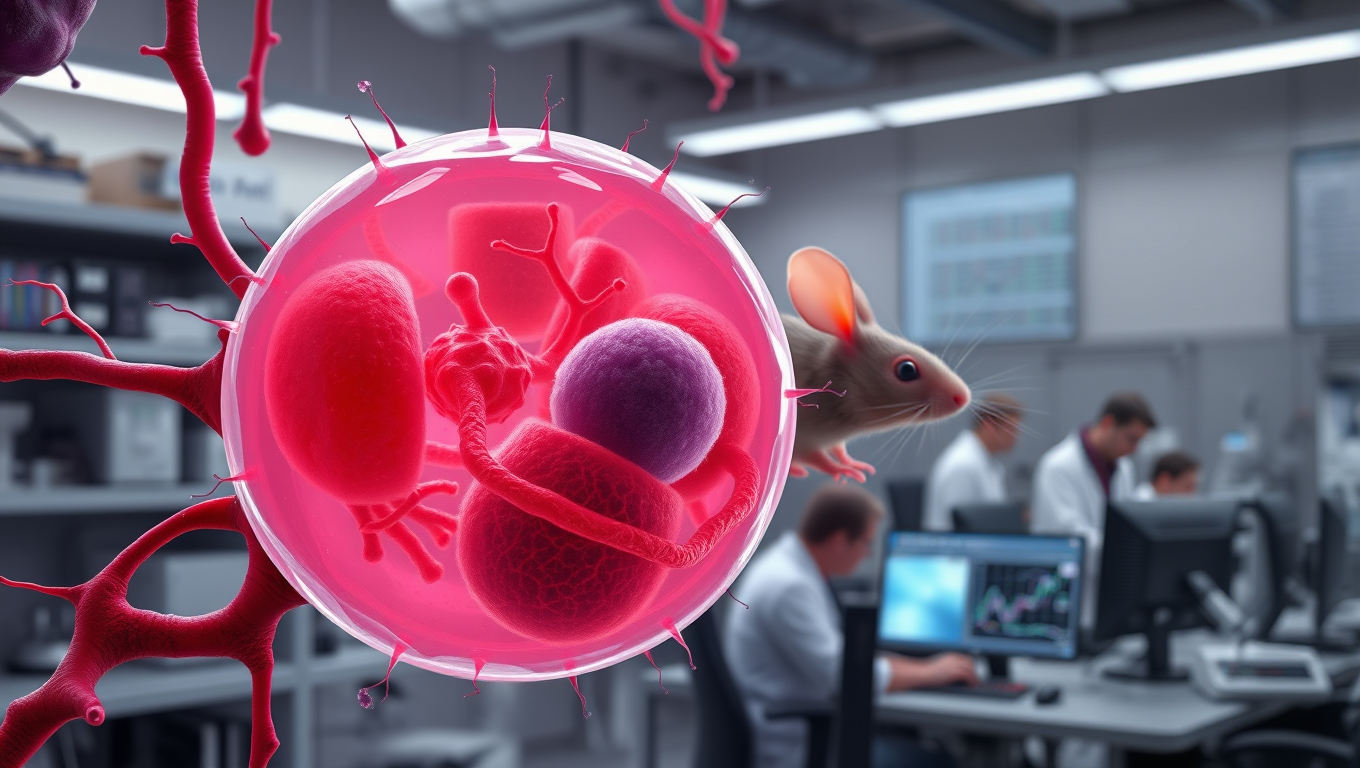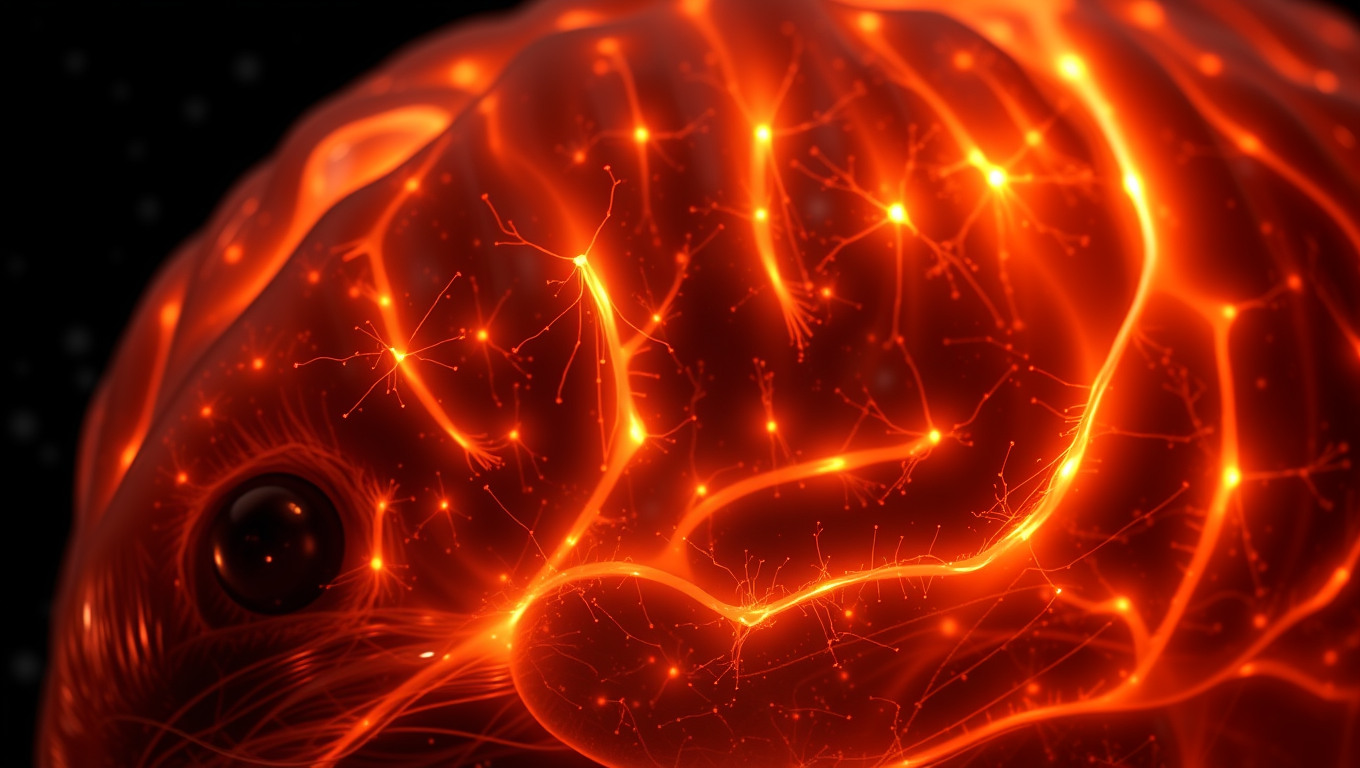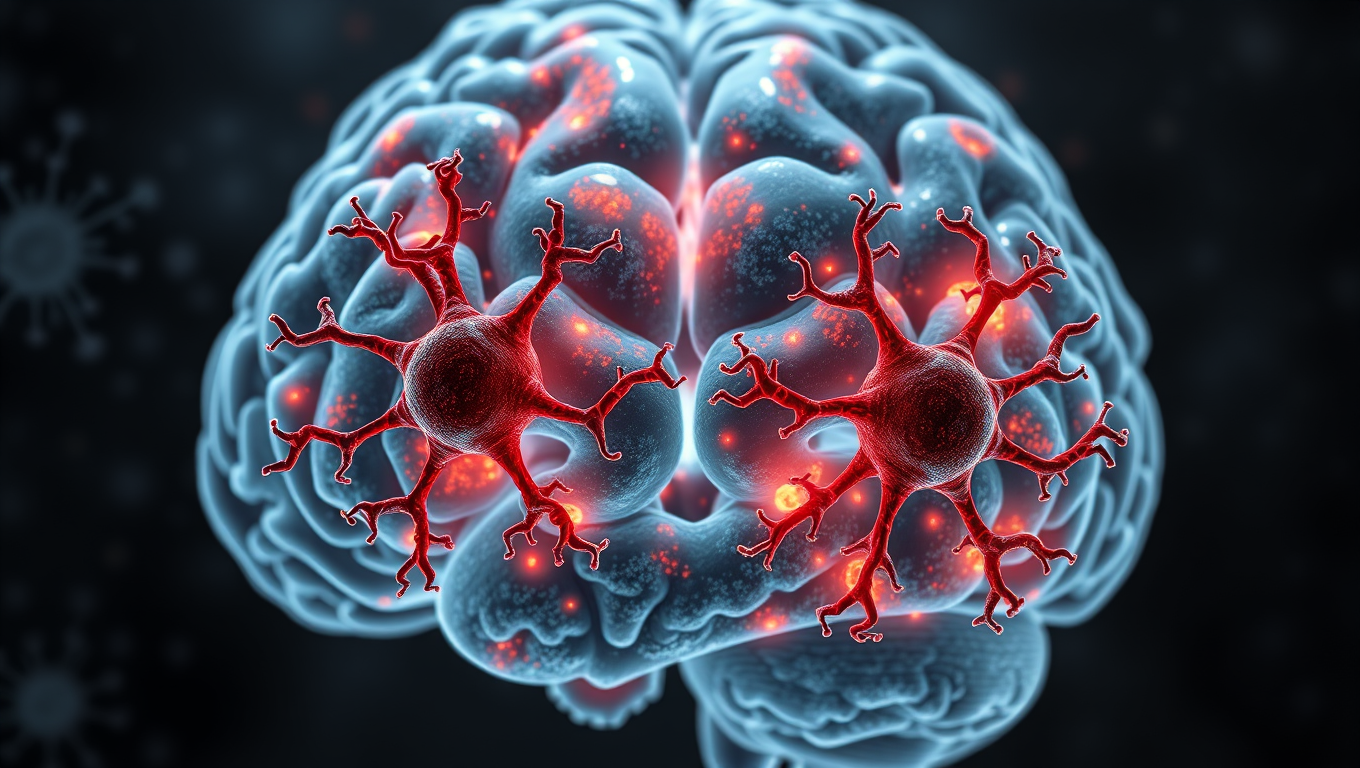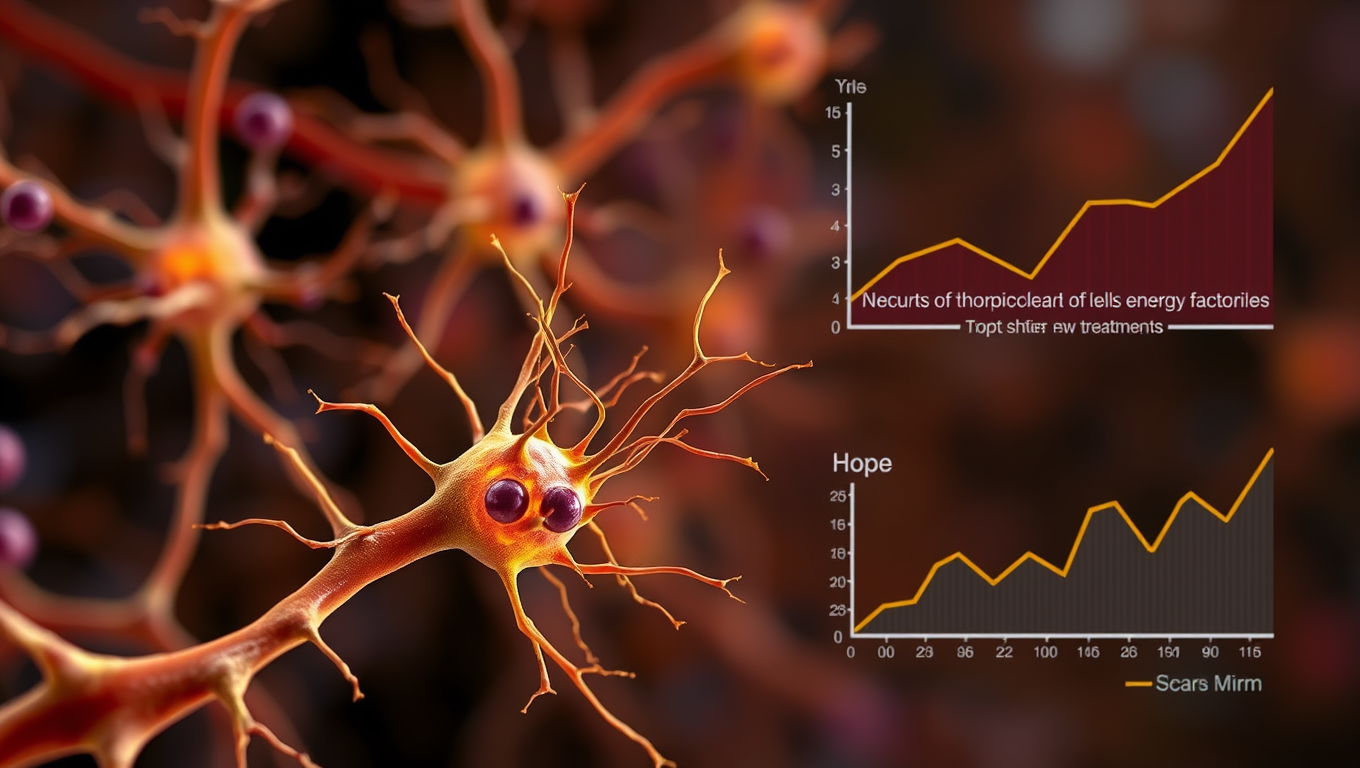While we try to keep things accurate, this content is part of an ongoing experiment and may not always be reliable.
Please double-check important details — we’re not responsible for how the information is used.
Amyotrophic Lateral Sclerosis
Uncovering a New Mechanism Behind Fetal Anemia: The Role of Mitochondrial Protein Synthesis
A team of researchers has uncovered a previously unrecognized role of mitochondrial protein synthesis in the maintenance of intracellular iron distribution. Disruption of this process was found to cause lethal anemia in the fetal stage. This novel molecular mechanism will contribute to the understanding of the pathophysiology of iron-related diseases and the development of innovative therapeutic strategies.

Amyotrophic Lateral Sclerosis
“Reviving Memories: Gene Therapy Shows Promise in Reversing Alzheimer’s Disease in Mice”
UC San Diego scientists have created a gene therapy that goes beyond masking Alzheimer’s symptoms—it may actually restore brain function. In mice, the treatment protected memory and altered diseased brain cells to behave more like healthy ones.
Alzheimer's
Different Versions of APOE Protein Alter Microglia Function in Alzheimer’s Disease
A new study suggests how APOE2 is protective while APOE4 increases disease risk by regulating the brain’s immune cells.
Alzheimer's
Breaking Ground in ALS Research: Uncovering Early Signs of Disease and New Treatment Targets
Using the gene scissors CRISPR and stem cells, researchers have managed to identify a common denominator for different gene mutations that all cause the neurological disease ALS. The research shows that ALS-linked dysfunction occurs in the energy factories of nerve cells, the mitochondria, before the cells show other signs of disease, which was not previously known.
-

 Detectors10 months ago
Detectors10 months agoA New Horizon for Vision: How Gold Nanoparticles May Restore People’s Sight
-

 Earth & Climate11 months ago
Earth & Climate11 months agoRetiring Abroad Can Be Lonely Business
-

 Cancer11 months ago
Cancer11 months agoRevolutionizing Quantum Communication: Direct Connections Between Multiple Processors
-

 Albert Einstein11 months ago
Albert Einstein11 months agoHarnessing Water Waves: A Breakthrough in Controlling Floating Objects
-

 Chemistry11 months ago
Chemistry11 months ago“Unveiling Hidden Patterns: A New Twist on Interference Phenomena”
-

 Earth & Climate11 months ago
Earth & Climate11 months agoHousehold Electricity Three Times More Expensive Than Upcoming ‘Eco-Friendly’ Aviation E-Fuels, Study Reveals
-

 Agriculture and Food11 months ago
Agriculture and Food11 months ago“A Sustainable Solution: Researchers Create Hybrid Cheese with 25% Pea Protein”
-

 Diseases and Conditions11 months ago
Diseases and Conditions11 months agoReducing Falls Among Elderly Women with Polypharmacy through Exercise Intervention





























